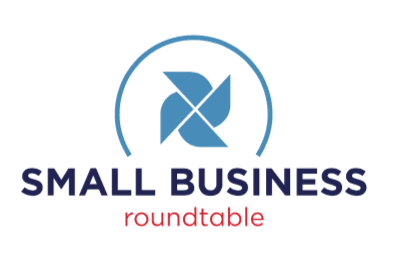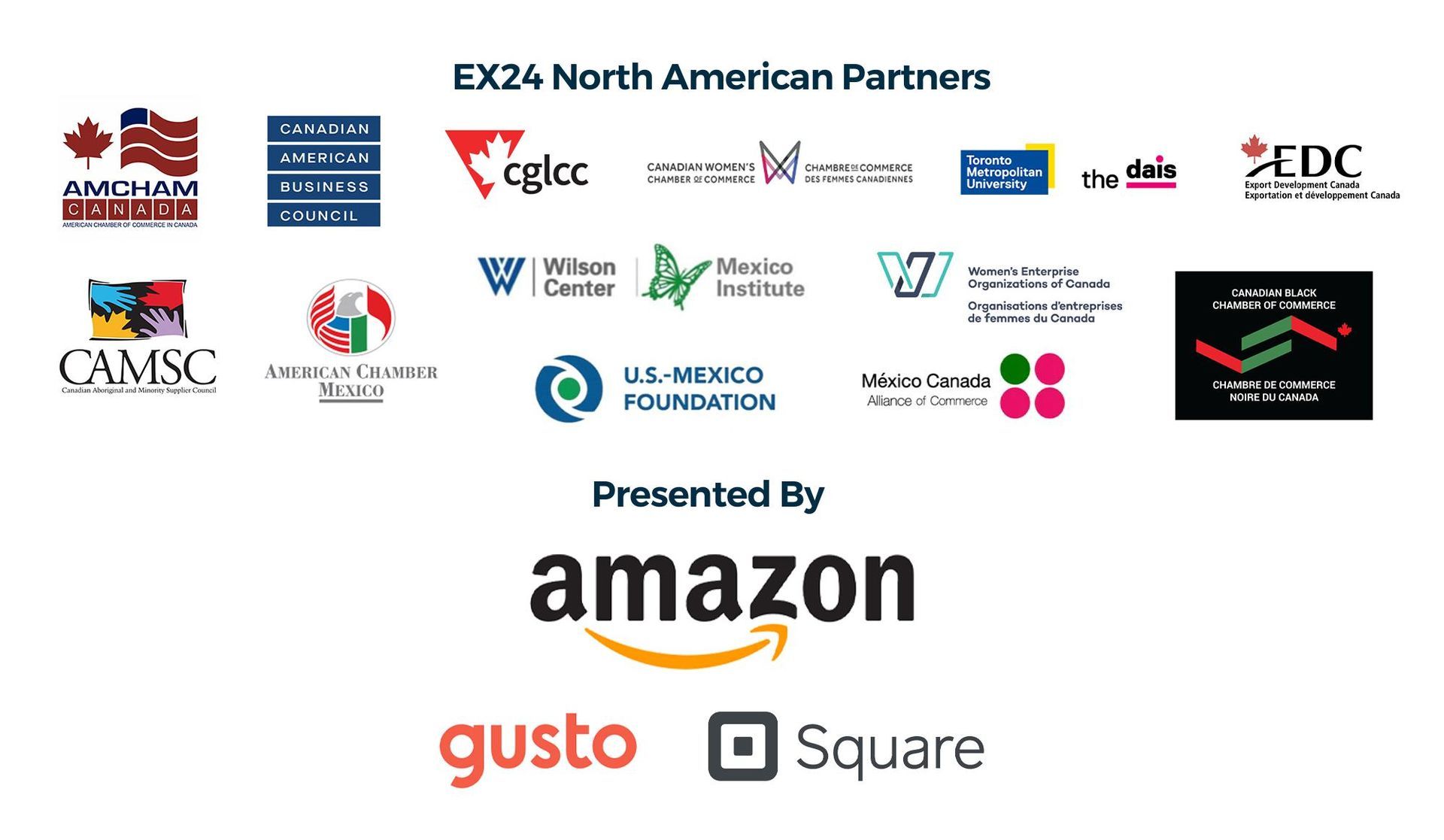January 6, 2025
A recent TechNet-Ipsos survey looked at the role e-commerce marketplaces (think Amazon, Walmart online, Etsy, etc.) play in the small business economy. In short: these marketplaces are becoming more and more meaningful for engaging customers, in a large part by addressing competitive disadvantages small business owners face. From expanding customer reach to reducing operational costs, the survey underscores how these platforms are empowering small retailers to thrive in a competitive and evolving digital economy. As small businesses increasingly adopt multi-channel strategies, e-commerce has emerged as a cornerstone of their success. Survey Highlights: The Digital Advantage For many small businesses, finding and connecting with customers is a constant uphill battle. Traditional methods, such as relying on foot traffic or expensive advertising campaigns, often fall short. Yet, 92% of respondents noted that e-commerce marketplaces make it significantly easier to reach potential customers, while 88% emphasized the ability to expand into international markets. These platforms effectively eliminate geographic constraints, allowing small businesses to tap into global audiences without requiring hefty marketing budgets. Running a small business also requires significant effort towards the management of financial demands, which E-commerce marketplaces tend to ease the burden of. According to the survey, 85% of small business owners reported that operating on the listed E-commerce platforms helped reduce overall expenses. Additionally, 82% highlighted the transparency of costs on e-commerce platforms compared to traditional sales channels. This clarity gives business owners the confidence to plan, invest, and grow without uncertainty and hidden fees eating into their margins. Perhaps most importantly, e-commerce platforms give small businesses the tools needed to stay creative and adaptable. From analytics that uncover customer trends to AI-powered systems that streamline daily tasks, these marketplaces are more than just places to sell—they're partners in helping businesses grow and thrive. It’s no surprise that 90% of small business owners highlighted the value of these tools in launching new products and running effective ad campaigns. Small businesses are thriving thanks to e-commerce marketplaces, which open doors to wider audiences and provide powerful resources for scaling and success. According to the TechNet-Ipsos survey, platforms like Amazon, eBay, and Etsy are leading the charge, helping small retailers unlock new opportunities. By addressing key barriers for small businesses, e-commerce marketplaces are leveling the playing field for those hoping to navigate an ever-changing retail landscape. E-Commerce and Brick-and-Mortar: A Symbiotic Relationship You CAN have both. Contrary to the narrative that e-commerce threatens traditional retail, the survey reveals a mutually beneficial relationship. Nearly 80% of respondents said their success in e-commerce has created opportunities to feature their products in physical stores. Additionally, small businesses with both e-commerce and in-store presence often see complementary growth. Customers who discover products online may visit physical stores to make purchases (looking at you, last-minute holiday shoppers), while in-store shoppers who can’t find exactly what they need often turn to the retailer’s e-commerce site to complete their transaction, allowing digital and physical retail to reinforce each other. Conclusion: E-Commerce as a Growth Engine for Small Businesses E-commerce marketplaces have proven to be indispensable for small businesses, offering cost-effective solutions to grow, streamline operations, and connect with customers. These platforms are far more than sales channels—they are engines of growth and innovation fueling the Main Street stores we know and love. For policymakers and stakeholders, it is key to recognize the synergy that exists between E-commerce and small business. Efforts to regulate or constrain leading e-commerce platforms could inadvertently harm the small business community, restricting innovation, alongside access to the tools that empower small retailers to remain competitive and thrive. E-commerce is not just a lifeline—it is the foundation for the future of small business success.



